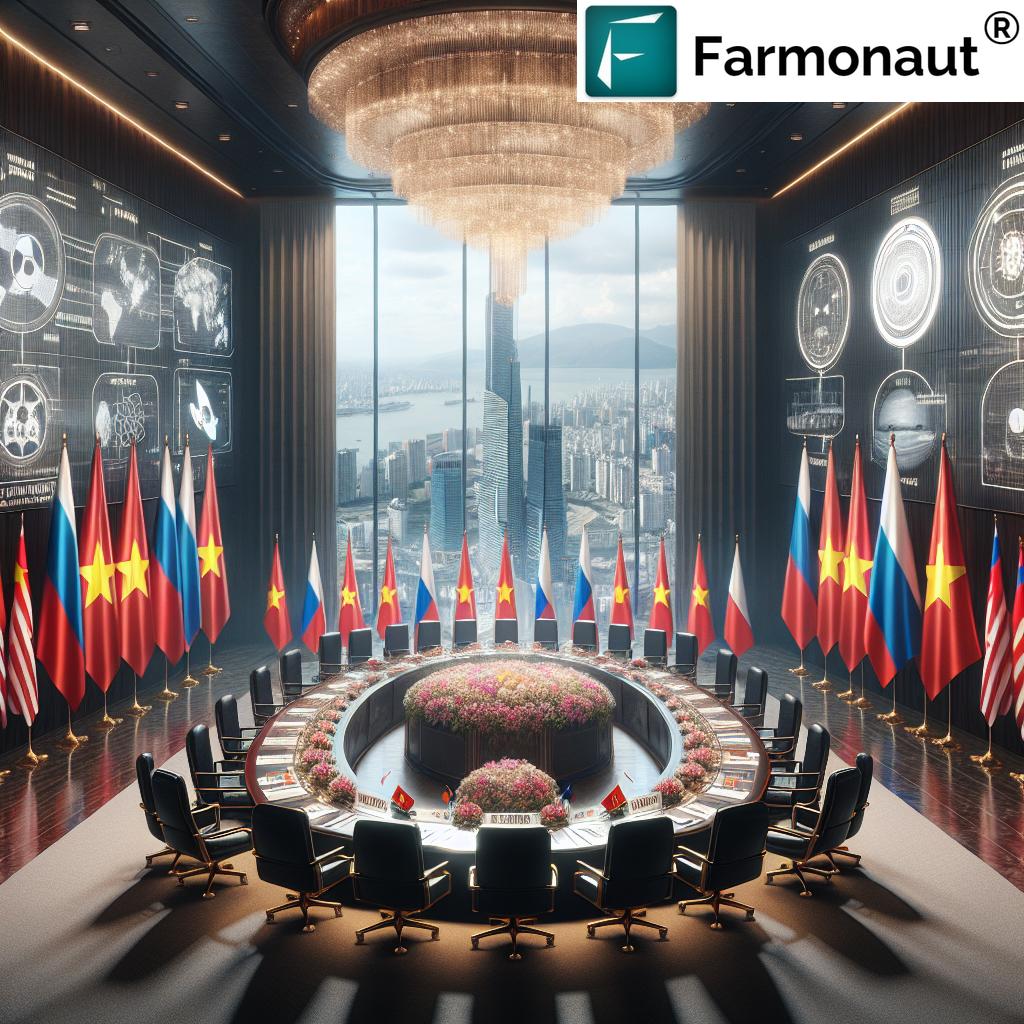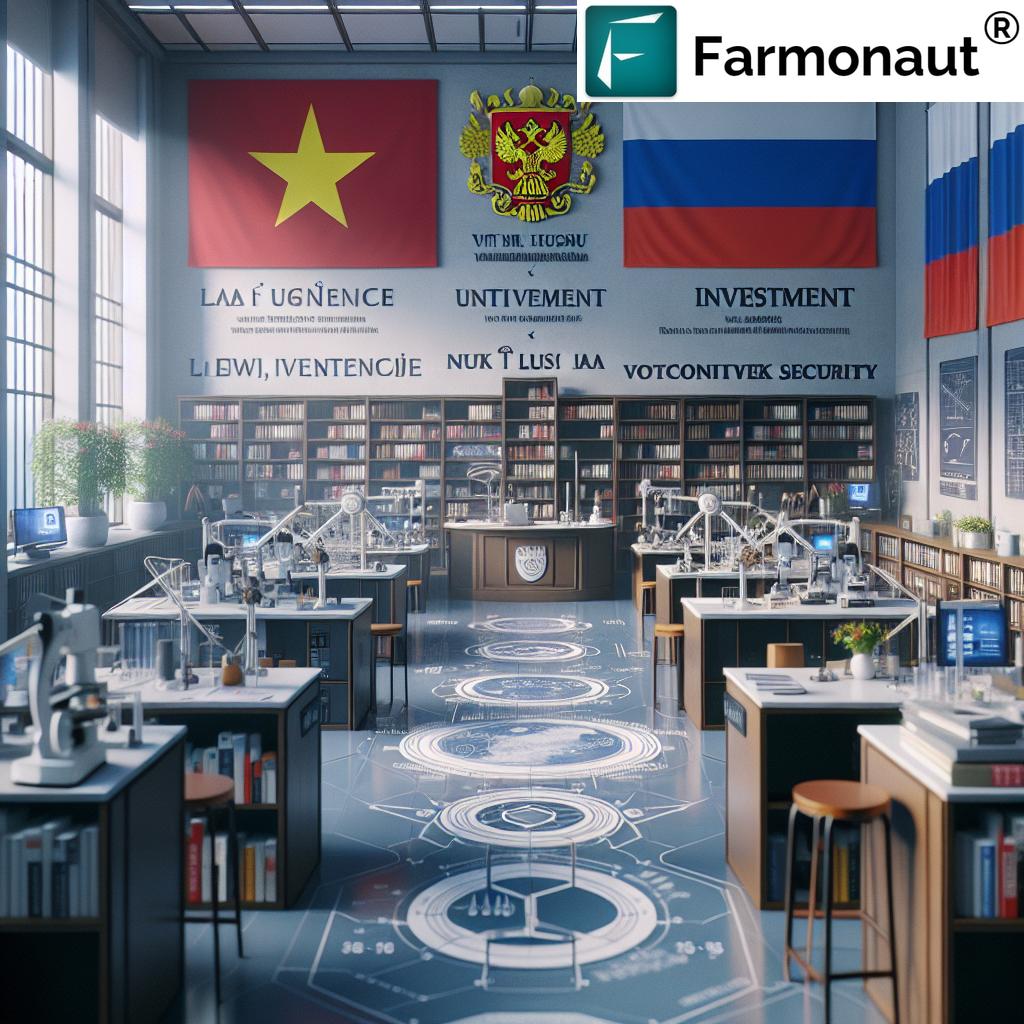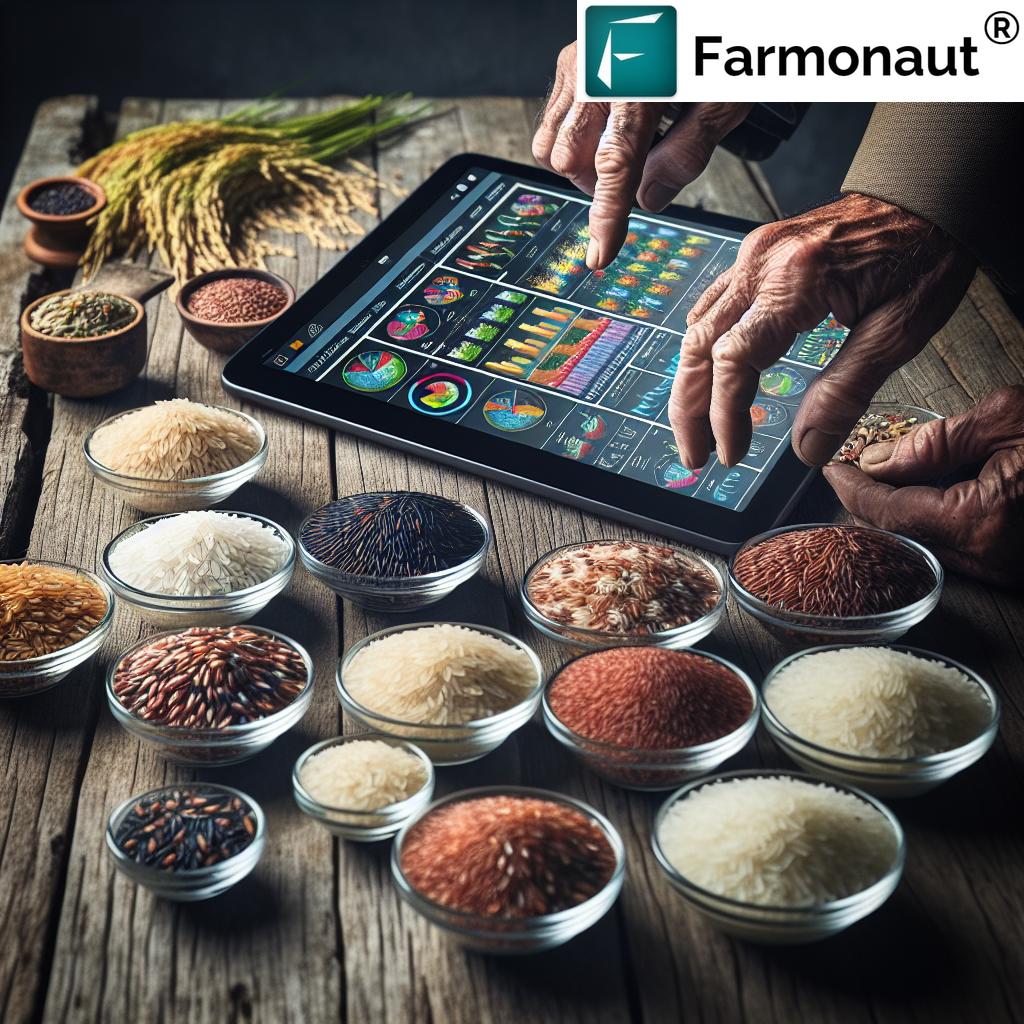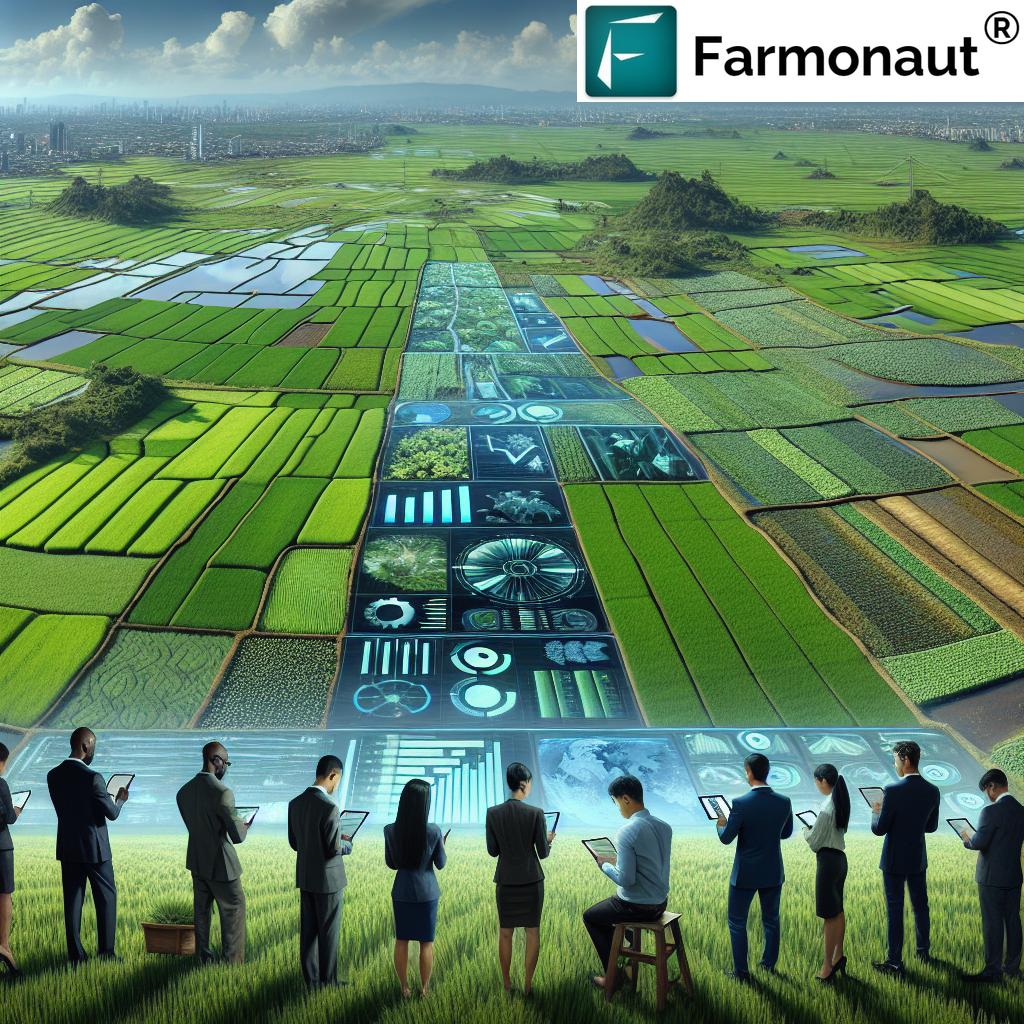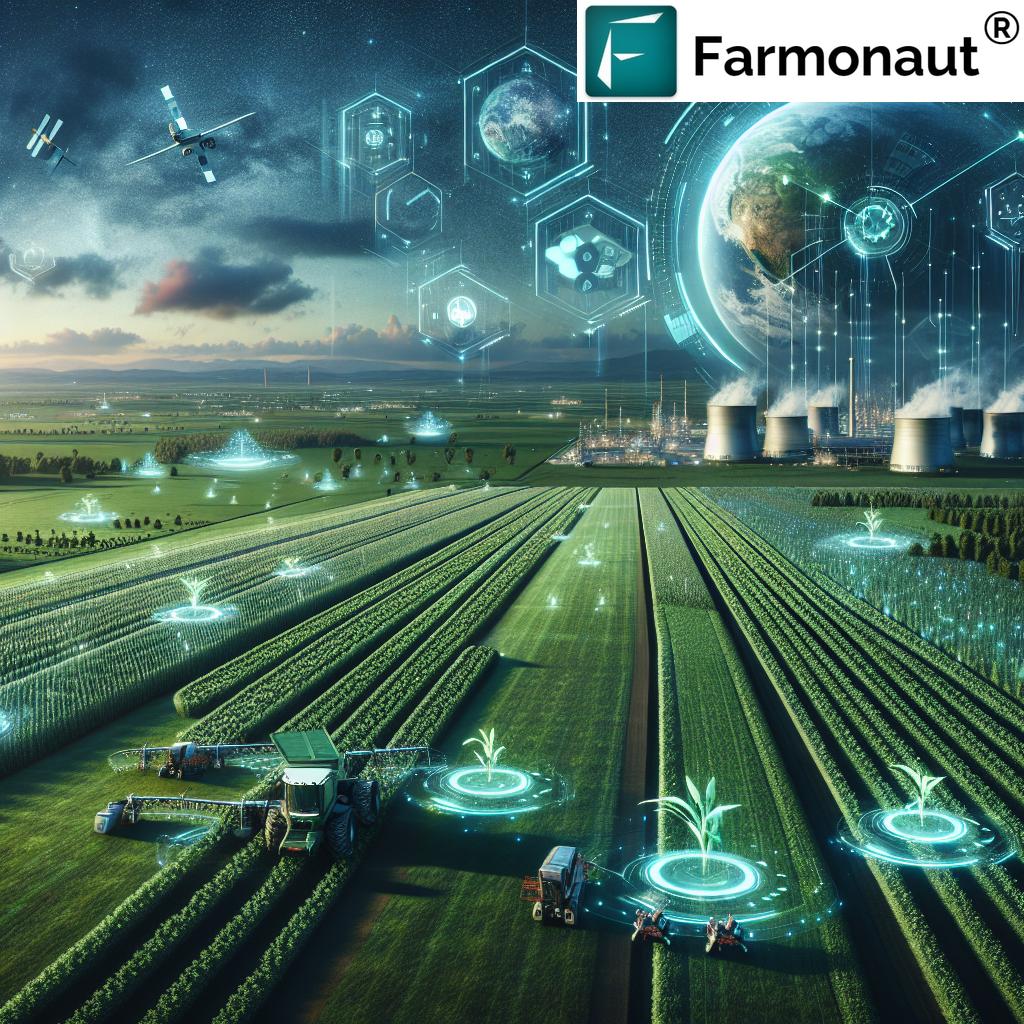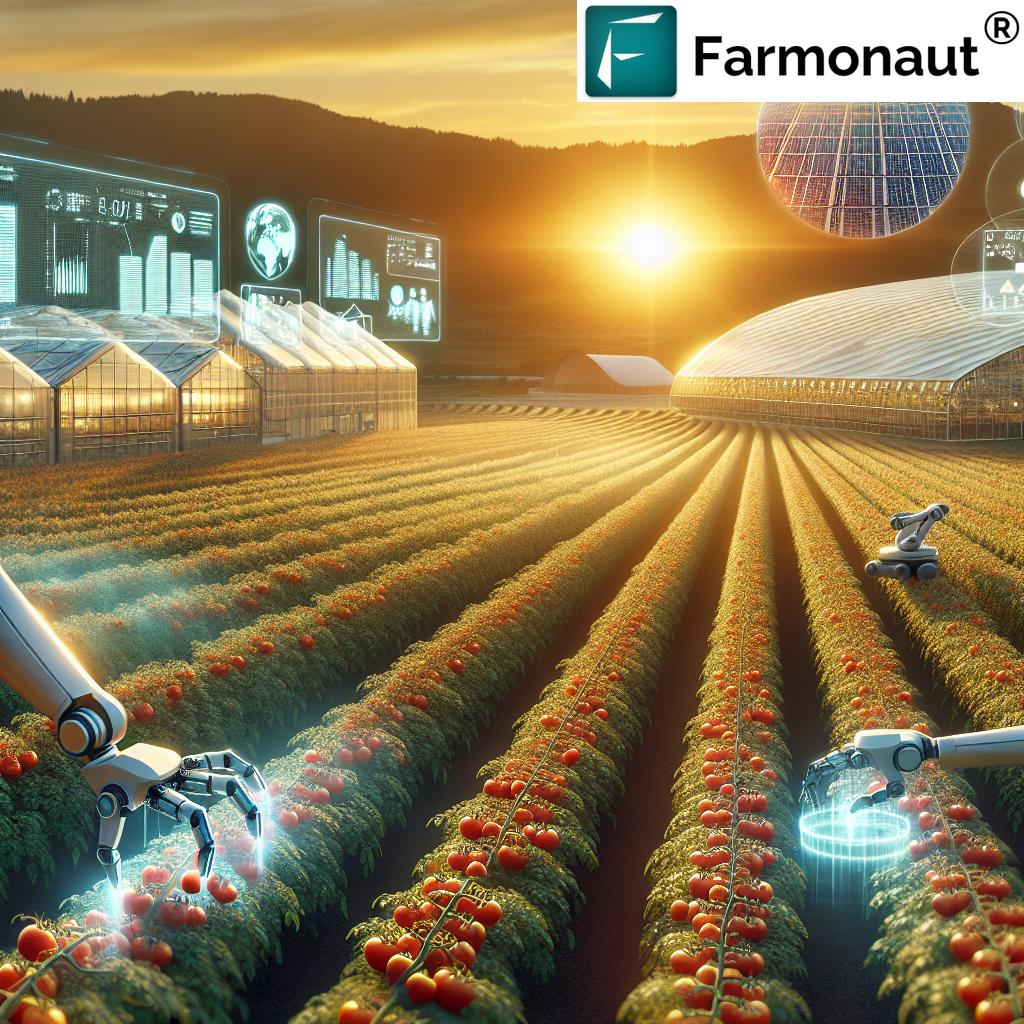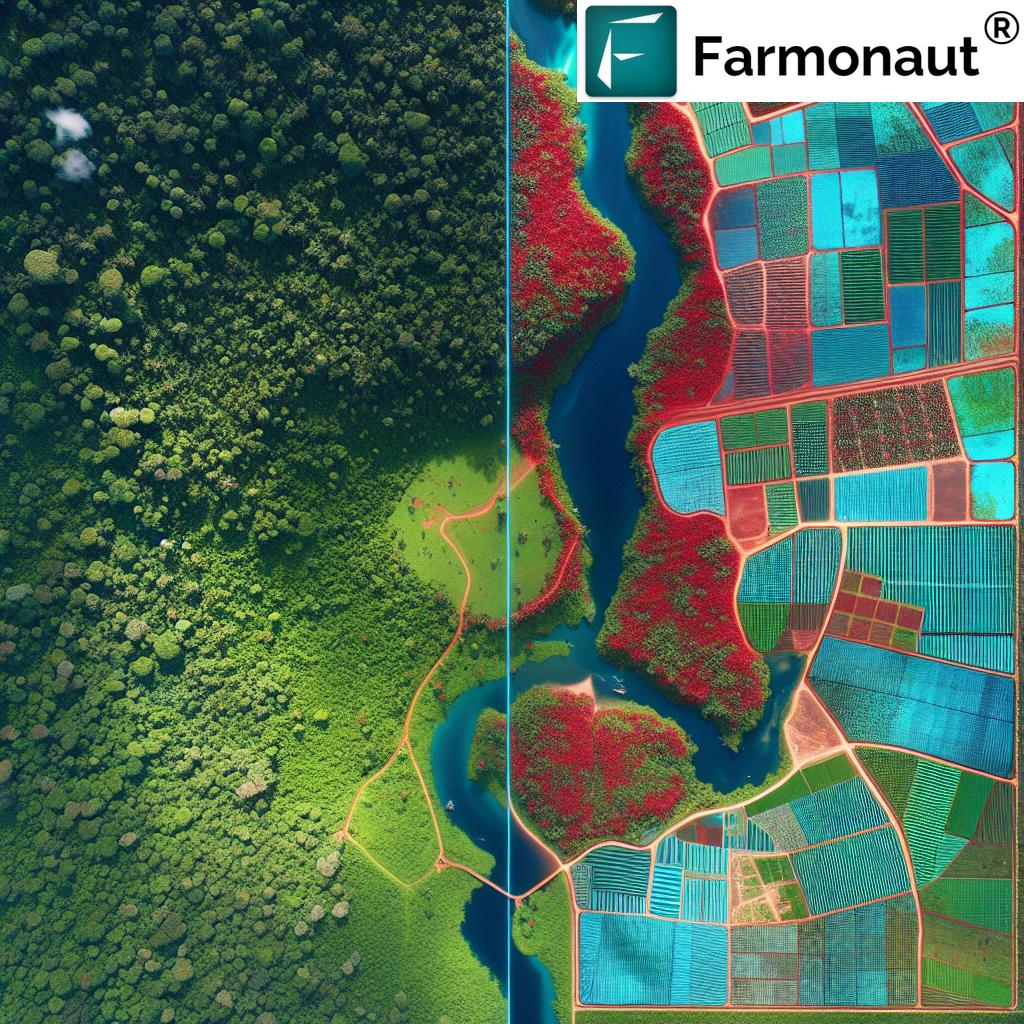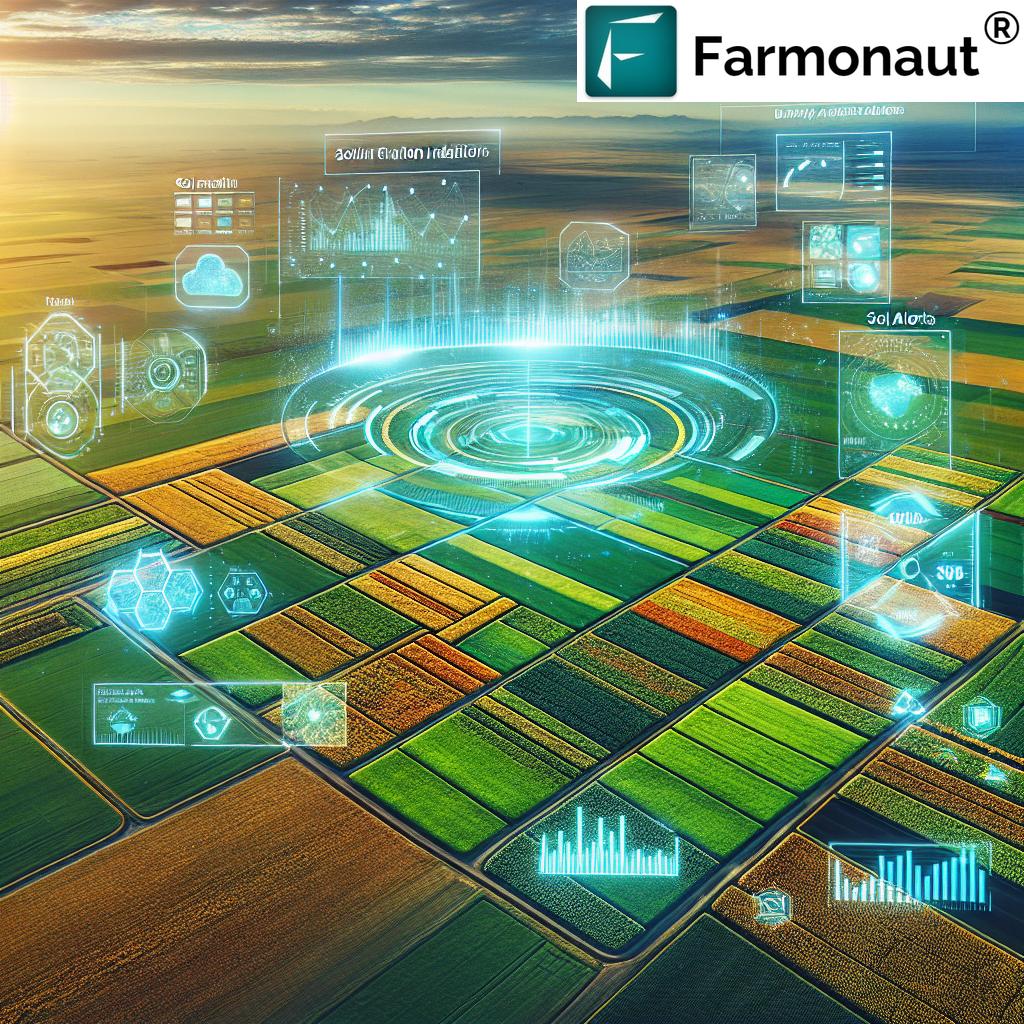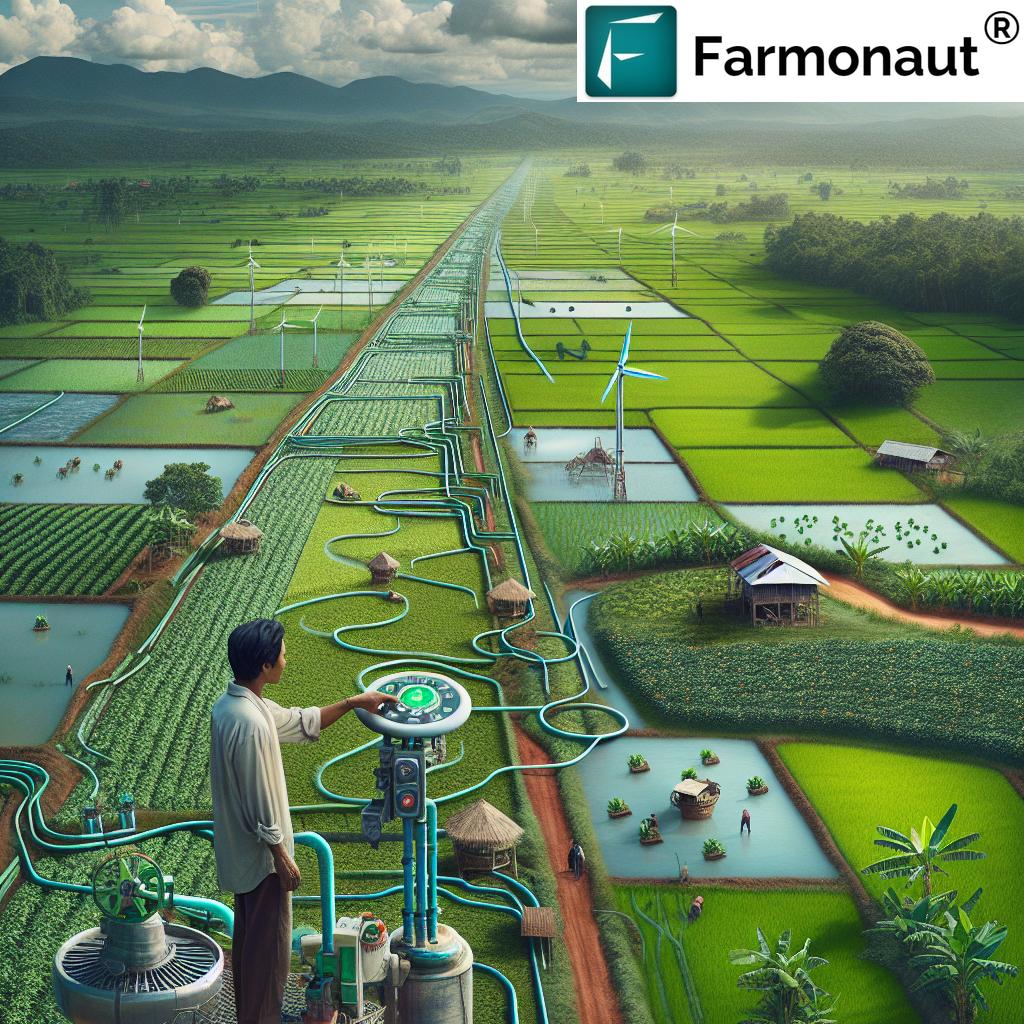7 Key Trends Shaping Vietnam-Russia Strategic Partnership
“In 2023, Vietnam-Russia bilateral trade surpassed $3.5 billion, highlighting robust economic cooperation between the two nations.”
Introduction: Vietnam Russia Relations in a New Era
In an era marked by rapid transformations on a global scale, the Vietnam Russia relations have not only endured but flourished—anchored in a century-old tradition, fostered through mutual respect, and continually revitalized through shared development goals. At the core of this enduring partnership lies the robust intertwining of historical friendship, economic ambitions, security priorities, and a progressive vision for science and technology exchange.
Recently, the official visit of General Secretary Tô Lâm to Moscow and his address at the Russian Presidential Academy of National Economy and Public Administration (RANEPA) have become emblematic of a new era: one rooted in the deep legacies of the Vietnam Soviet Union history and propelling both nations forward into a future defined by dynamic strategic partnership, nuclear energy cooperation, and innovation-driven development.
In this comprehensive analysis, we unpack the seven key trends driving the Vietnam and Russia strategic partnership, examining critical domains such as economic cooperation, science, nuclear energy, education, security, and international law. Whether we look at the mutual ambitions in nuclear energy cooperation or the strategic connectivity in trade and innovation, this evolving partnership offers invaluable insights for policymakers, investors, students, and technology leaders alike.
Overview: 7 Key Trends Shaping Vietnam-Russia Strategic Partnership
Throughout the Vietnam and Russia strategic partnership, seven central trends have come to define this evolving alliance:
- 1. Economic and Trade Expansion: Record bilateral trade and investment cooperation continue to deepen.
- 2. Energy & Nuclear Cooperation: The transition to advanced energy partnerships, with a focus on nuclear energy cooperation.
- 3. Science and Technology Innovation: Growing collaboration in AI, digital transformation, and fundamental sciences.
- 4. Security & Defense Exchanges: Reciprocal efforts to strengthen defense and security in a complex regional climate.
- 5. Education, Culture & People-to-People Ties: Expansion of technical universities, academic exchange, and youth diplomacy.
- 6. Regional Cooperation & Legal Alignment: Ensuring cooperation is consistent with international law and aligning with ASEAN ambitions.
- 7. Sustainable Agriculture and Technology-driven Growth: Leveraging agritech solutions for sustainable agricultural development and climate resilience.
Trend Comparison Table: Vietnam-Russia Strategic Partnership
| Trend | Area of Impact | Estimated Growth/Change | Strategic Importance | Notable Developments |
|---|---|---|---|---|
| Economic and Trade Expansion | Economic, Trade | > $3.5B in 2023 (+9% YoY) | Drives mutual prosperity, diversified investments | increased commodity flows, high-level delegation visits |
| Energy & Nuclear Cooperation | Energy, Nuclear | Planned double capacity by 2030 | Ensures long-term energy security, high-tech transfer | Nuclear Science & Tech Research Centre in Việt Nam |
| Science & Tech Innovations | Science, Technology | AI, digital R&D growing 12%+ | Strengthens competitiveness, digital economies | IT, AI, automation research agreements |
| Security & Defense Ties | Security, Regional Stability | Annual joint dialogues & drills | Makes both states more resilient in global arena | High-level military and cyber exchanges |
| Education & People-to-People Ties | Education, Culture | 1,000+ Vietnamese students enrolled | Builds future leadership, grassroot support | Network of technical universities, RANEPA events |
| Regional & Legal Cooperation | International Law, Multilateralism | More multilateral forum participation | Aligns policies, bolsters ASEAN centrality | Joint statements at ASEAN, UN forums |
| Sustainable AgriTech & Climate | Agriculture, Tech, Sustainability | Up to 20% resource savings via tech | Ensures food security, supports climate goals | Satellite monitoring, AI-driven agriculture advisory |
Historical Evolution of Vietnam Soviet Union History: Roots of Modern Friendship
To comprehend the depth of Vietnam Russia relations, we must appreciate the pivotal journey from the early 20th century, when the Soviet Union was a beacon for the Vietnamese liberation movement. President Hồ Chí Minh found both ideological guidance and logistical support in Moscow, receiving direction from the Communist International and nurturing enduring bonds of solidarity. This era saw many Vietnamese leaders, including Trần Phú and Lê Hồng Phong, undertaking critical training in the Soviet Union, laying foundations that would underpin generations of cooperative development.
The lofty solidarity extending from Soviet times to the Russian Federation forms a historical heritage—one which contemporary leaders, agencies, and government bodies from both nations continue to honor and cultivate. In this narrative, the exchange of knowledge and mutual assistance not only helped liberate Việt Nam but also fostered a spirit of friendship that transcends geographical distances.
Economic and Trade Growth: Vietnam Russia Economic Cooperation
One of the core drivers of the Vietnam and Russia strategic partnership is the outstanding progress witnessed in trade and investment. Bilateral economic ties registered trade exceeding $3.5 billion in 2023, with positive growth prospects and substantial investment flows spanning industries from agriculture and fisheries to machinery and mineral processing.
Vietnamese and Russian leaders have agreed to prioritize the expansion of trade, investment, and financial-credit relations in accordance with international law and domestic regulations. High-level dialogues—often facilitated through state visits and meetings of the State Duma and Federal Assembly—emphasize open-market access and mutually beneficial trade initiatives.
- Ongoing expansion of Vietnam Russia trade and investment in sectors such as agriculture, forestry, seafood, textiles, minerals, and industrial equipment.
- Emergence of new areas like digital economy, where cross-border fintech and e-commerce flow is showing robust momentum.
- Crop loan and insurance verifications powered by satellite data are enabling Vietnamese farmers to access fairer financing, lowering fraud risks for both local banks and rural cooperatives.
With Việt Nam’s growing reputation as a regional growth engine and Russia’s vast resources, their complementary economies foster resilience and diversified export portfolios. Improved blockchain-based traceability systems in agriculture and aquaculture further strengthen the bilateral supply chain and enhance consumer trust globally.
- Blockchain Traceability by Farmonaut: Unlocks transparency for Vietnamese and Russian agricultural exporters by offering full product history—critical for export compliance, consumer safety, and outreach to new international markets.
Nuclear Energy & Science: The Heart of Vietnam Nuclear Energy Cooperation
At the vanguard of Vietnam Russia relations lies a mutual determination to pioneer progressive energy and nuclear science cooperation. As Việt Nam positions nuclear energy at the heart of its sustainable development agenda—crucial for balancing fast-growing demand, energy security, and environmental imperatives—Russian technological leadership becomes pivotal.
- The ongoing Nuclear Science and Technology Research Centre project in Việt Nam is a flagship endeavor, advancing research capabilities, safety standards, and future reactor infrastructure.
- Russian expertise in high-tech sectors—including AI, automation, renewables, and biomedical technology—complements Việt Nam’s own investments in digital transformation.
- Vietnam nuclear energy cooperation not only facilitates electricity generation but also accelerates joint research in radiation medicine, isotope production, and environmental resilience.
- Uninterrupted nuclear cooperation contributes significantly to climate goals and supports the long-term goals described in the Việt Nam Green Growth Strategy.
Further, both nations realize the imperative to prioritize sustainable agricultural development in the face of climate volatility and food security risks. Satellite and AI-powered advisory services—like those offered by technologically advanced platforms such as Farmonaut—enable more precise crop monitoring, resource allocation, and carbon tracking.
- Farmonaut Carbon Footprinting: This solution empowers agricultural producers and agribusinesses in both countries to accurately track emissions and take actionable steps towards compliance and sustainability, supporting global climate commitments.
Security & Defense: Strengthening Vietnam Regional Security Cooperation
Security cooperation continues to be a cornerstone of the Vietnam Russian Federation partnership. High-level exchanges reinforce shared commitments to defending sovereignty, stability, and addressing evolving threats—both in the region and globally.
- Mutual defense and technical exchanges have fostered greater interoperability between the Vietnamese and Russian armed forces.
- Annual joint military dialogues, regular training programs, and strategic technology transfer initiatives anchor ongoing security and defense ties.
- Regional security cooperation extends to cyber security, anti-terrorism, and non-traditional security challenges, further aligning with international peace efforts.
- Both countries rely on current provisions of international law, affirming ASEAN’s central position in the Asia-Pacific regional structure and deepening multilateral defense diplomacy at key forums.
The focus on security is not isolated; rather, it intersects with broader development priorities such as secure economic corridors and the protection of critical infrastructure, laying the groundwork for long-term peaceful cooperation.
Education Collaboration Between Vietnam and Russia: Universities, Research and Innovation
Education, culture, and academic exchange form the human backbone of Vietnam Russia relations. Thousands of Vietnamese students have graduated from Russian universities—most notably the Russian Presidential Academy of National Economy and Public Administration (RANEPA)—becoming industry leaders and policymakers in Việt Nam.
- More than 1,000 Vietnamese students are currently enrolled in leading Russian universities, further expanding the depth of science and technology partnership.
- The network of Việt Nam–Russia technical universities continues to nurture talent in engineering, IT, economics, and public administration.
- Joint academic workshops, cultural festivals, and exchange programs foster solidarity, deepen knowledge pools, and promote STEM (science, technology, engineering, mathematics) collaboration.
- Research partnerships, including those in public administration and economics, are underpinned by high-level institutional cooperation.
These student and faculty linkages not only enhance individual capabilities but also lay the foundations for the next generation of bilateral cooperation across public and private sectors.
“Over 1,000 Vietnamese students are currently enrolled in Russian universities, strengthening science and technology collaboration.”
Digital Transformation, AI, and Science: Vietnam Russia Science and Technology Partnership
In our increasingly interconnected world, science, digital transformation, and AI are rapidly shaping the Vietnam Russia science and technology partnership. Joint efforts in information technology, artificial intelligence, automation, and biomedical research are propelling both Việt Nam and Russia to the forefront of the global era of digital innovation.
-
The Jeevn AI Advisory System by Farmonaut leverages satellite and AI-driven data, providing customized advice, weather forecasts, and resource management—enhancing productivity for farmers and agribusinesses in both nations.
Large Scale Farm Management by Farmonaut enables the efficient tracking, monitoring, and optimization of vast agricultural estates, supporting scalable food production and digital inclusivity. - Research in automation, IoT, and smart agriculture streamlines supply chains, improves traceability, and reduces costs for state agencies, cooperatives, and private enterprises.
Vietnamese and Russian agencies have initiated regular digital think-tanks and workshops, emphasizing the role of universities, research institutes, and public-private partnerships in making technology accessible and affordable. These advancements not only benefit the economy; they play a vital role in food security, public health, and climate resilience endeavors.
Regional Cooperation and the Role of International Law in Vietnam Russia Relations
Beyond bilateral initiatives, regional and global multilateralism underpin the long-term stability of the Vietnam Russian Federation partnership. Both nations encourage collaboration at ASEAN, UN, and multilateral regional forums, aligning on principles such as sovereignty, territorial integrity, and respect for international law.
- Viêt Nam and Russia regularly advocate for a fair, sustainable, multipolar world order. This manifests in both support for ASEAN’s centrality and in the breadth of joint statements on non-traditional security threats, environmental protection, and peaceful dispute resolution.
- The commitment to joint action at international forums underscores resilience against external pressures, while harmonizing policies and legal frameworks to strengthen trade, science, and security cooperation.
This shared diplomatic vision is essential for mitigating non-traditional risks—climate change, pandemics, cyber warfare—and unlocking broader gains for both Asian and Eurasian actors in a globally connected era.
People-to-People Ties and Youth Diplomacy: Foundation for a New Era
A partnership is only as sustainable as its connection at the grassroots. Recognizing this, both Việt Nam and Russia have emphasized the crucial role of youth, cultural diplomacy, and people-to-people exchanges in the next generation of strategic partnership.
- Events such as the awarding of “Honorary Professor” titles, the preservation of important theses, and the celebration of shared victories deepen mutual appreciation and cooperation among youth, educators, and policymakers.
- The expansion of cultural, tourism, and academic networks plays a vital role in building a more inclusive and enduring friendship—reinforcing diplomatic progress at the level of everyday citizens.
Through initiatives like the regional Network of Technical Universities and expanded tourism programs, the younger generations are becoming ambassadors, nurturing the spirit of solidarity and expanding future opportunities for both economies.
How Technology Empowers Bilateral Cooperation: Farmonaut Insights
As technology becomes a linchpin of sustainable development, platforms like Farmonaut are helping transform both agricultural productivity and resource management between Việt Nam and Russia.
- Farmonaut Fleet Management lets agri-businesses operate more efficiently—optimizing vehicle logistics, monitoring safety, and streamlining agricultural machinery operations for both Vietnamese collectives and Russian industrial estates.
- Through integration with Farmonaut’s satellite and weather API, developers and research agencies enjoy direct, secure access to up-to-date crop, weather, and resource data—unlocking collaboration and high-impact research across borders. Developers can find detailed documentation at Farmonaut API Developer Docs.
- For forest management and restoration, Farmonaut’s platform offers precision monitoring and advisory capabilities, bridging traditional wisdom with modern analytics. Learn about Farmonaut’s Crop Plantation, Forest & Advisory solutions designed to adapt to changing climates and evolving market needs.
With an emphasis on mobile-first, accessible technology, ongoing support, and transparent pricing, Farmonaut is contributing to a new standard of resource efficiency and digital transformation within the agricultural sectors of both Việt Nam and Russia.
Frequently Asked Questions
What are the main trends in Vietnam Russia relations today?
- The seven key trends include expanding economic and trade ties, advanced nuclear energy and science cooperation, technological innovation, defense and security collaboration, cultural and educational exchange, alignment under international law, and technology-driven agriculture and sustainability.
Why is nuclear energy cooperation important for Việt Nam and Russia?
- Vietnam nuclear energy cooperation enables Việt Nam to pursue clean and reliable energy, leveraging Russian expertise for technology transfer, research, and climate resilience—all vital for long-term development and energy security.
How does Farmonaut support agricultural cooperation between the two countries?
- Farmonaut provides satellite-based crop monitoring, AI advisory tools, blockchain traceability, and resource management technologies. These solutions optimize yields, improve traceability, enhance financing access, and promote sustainability in Việt Nam and Russia’s agricultural sectors.
What is the role of education and people-to-people exchange in the strategic partnership?
- Education collaboration between Việt Nam and Russia, featuring more than 1,000 Vietnamese students in Russian universities, strengthens future leadership and science/technology capability, while robust cultural and academic exchange solidifies grassroots support for the enduring friendship.
How is international law integrated into the Vietnam Russia strategic partnership?
- Both nations uphold international law in all bilateral and multilateral dealings, with a strong emphasis on sovereignty, peaceful dispute resolution, ASEAN centrality, and global stability—a key feature of their diplomatic engagements at regional and global forums.
How can organizations access Farmonaut’s services for agriculture or research?
- Organizations can access Farmonaut through its web app, API, and mobile applications on web, Android, and iOS. Developers and research partners can integrate satellite and weather data into their own platforms via the Farmonaut API (see Developer Docs).
Conclusion: The Future of Vietnam Russia Relations
As we reflect on the evolving contours of Vietnam Russia relations, it becomes clear that this partnership is more than a sum of government-to-government agreements. It is built on a rich legacy of shared history, infused with the energy of modern innovation, and guided by an unwavering commitment to peace, prosperity, and people-to-people solidarity.
The Vietnam and Russia strategic partnership not only spans trade, nuclear energy, science, and defense—it also sets a benchmark for multicultural, multigenerational collaboration in the contemporary world. Both nations are well-positioned to elevate their cooperation, leveraging the latest technological advancements, upholding international law, and ensuring that development remains inclusive, sustainable, and equitable for generations to come.
With new challenges and opportunities ahead, leaders, agencies, universities, and businesses in both Việt Nam and Russia remain united—ready to steer this unique relationship to new heights, and determined to build a resilient, innovative, and sustainable Asia-Eurasia partnership in the years to come.


